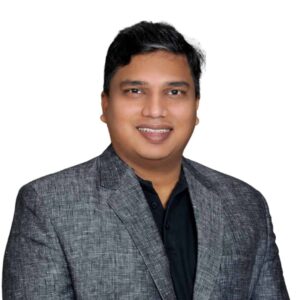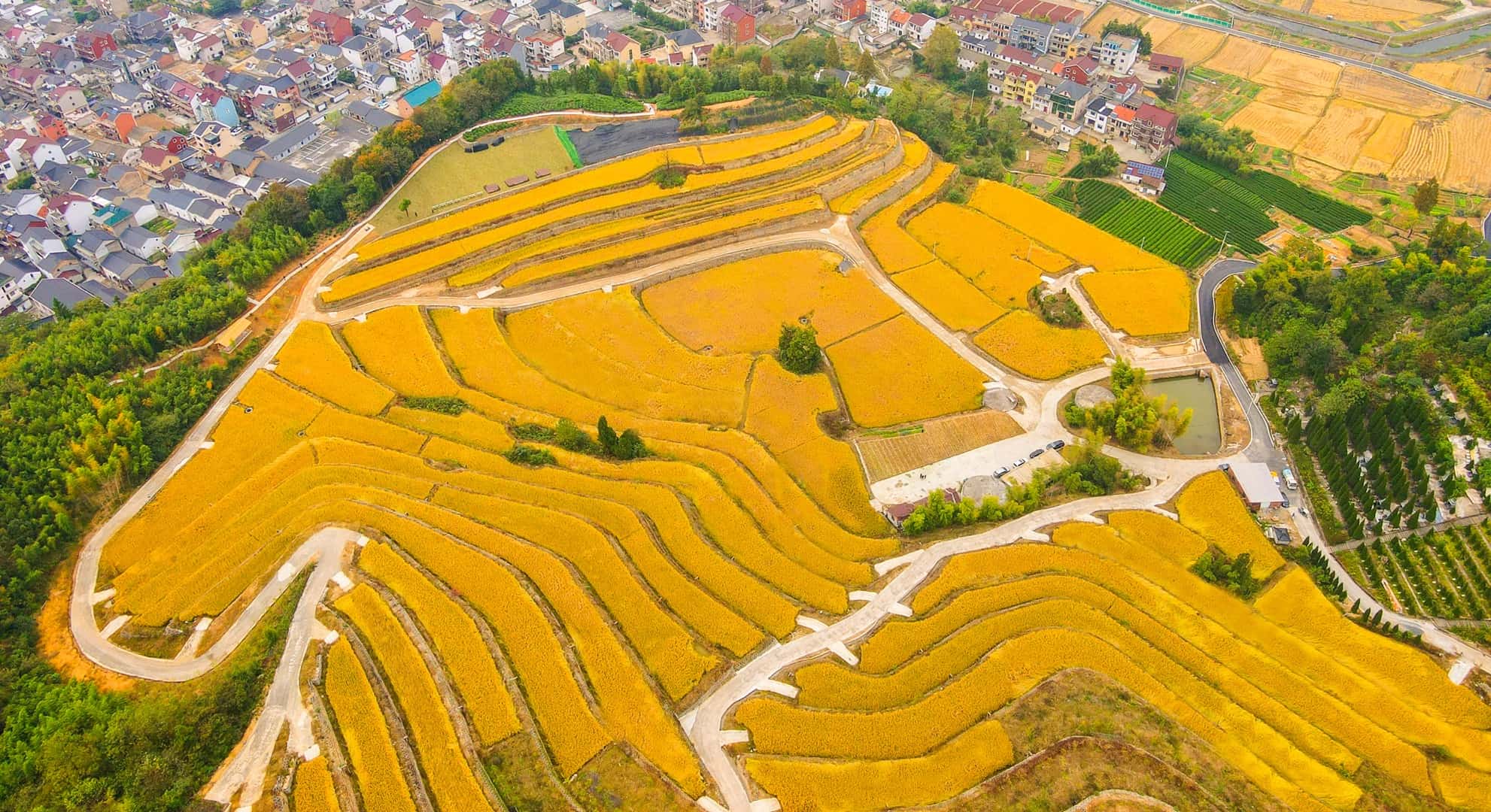The UAE is 80 percent desert, with arable land accounting for less than 1 percent of the entire landmass, which means it has enough sand on its own.
So why would it need more sand?
Well, for one, it could help the UAE produce more of its own food.
After all, the UN’s Food and Agriculture Organization (FAO) has said that the country imports 87 percent of its overall food supply.
And the arid climate, soil salinity, high evaporation rate, and other factors, mean that water requirements in agricultural areas are much higher.
That’s where breathable sand comes in: It is a new technology that utilizes low-value desert aeolian sand to create a constantly evolving portfolio of high-value products.
This “Magic Sand” was developed in China and tested in several projects, including one of the world’s most arid and hot deserts, where 2,000 square kilometers of greenery were obtained.

Breathable sand has unique air permeability and water retention properties that enable it to effectively supply nutrients to the roots and retain water for extended periods after irrigation or rains, according to Chandra Dake, CEO and Founder of Dake Rechsand, a Dubai-based company offering sustainable solutions in water conservation and desert farming.
As a result, a single application of breathable sand will allow practitioners to achieve better production and produce a wide range of crops.
“The extended application of breathable sand is in Dake Rechsand’s patented IDer ‘Honey Comp’ water harvesting systems, which can be paved on roads, streets, offices, schools, parking, playgrounds,” Dake told TRENDS
“In application, these decentralized systems will collect rainwater or surface run-offs and store them inside underground reservoirs. Thanks to surface ‘breathability’, the stored water remains fresh for up to seven years without requiring chemical- or electricity-based treatment,” he explained.
Dake went on to say that the combination of Breathable Sand and IDer harvesting systems can achieve both water and food security.
In the UAE, for example, cloud-seeding initiatives are leading to collateral damage through flooding.
To this end, strategic IDer implementation can store the water, which can then be redirected to utilities for usage — all while averting flooding and associated damages.
Where is breathable sand used in the UAE?
The breathable sand and IDer technologies are said to be the result of 35 years of extensive research and trials, and the company has been offering them to users across the MENA region, with numerous projects currently underway in the UAE.
The Al Ajban farms, for example, have adopted breathable sand in Abu Dhabi.
According to Dake, soil salinity has increased Al Ajban farms’ reliance on desalination plants, which are both expensive and carbon intensive.
However, breathable sand has helped reduce water requirements by 70-80 percent while maintaining high crop yields.
In addition, the Ministry of Education has promoted the use of breathable sand in schools, and the Ras Al Khaimah Municipality has agreed to employ the technology in an initiative to plant 1,000 trees.
“We’re also working on a massive plan to regreen the UAE, with the objective of planting 200,000 trees by the end of the year and another 2 million by 2022,” said Dake.
Abundant crops
Breathable sand can apparently grow high-quality pulses, beans, tomatoes, chilies, mangoes, and lemons, among other crops.
“Most importantly, this technology can grow crops that are traditionally considered unsuitable for cultivation in any given soil,” said Dake.
Serious concerns
The agricultural sector in the UAE has shown significant promise, fueled by innovative practices such as aquaponics, hydroponics, aeroponics, and vertical farming.
The government’s food-security plan has made this development possible by encouraging multi-stakeholder participation.
However, according to Dake, the most serious challenges for food and water security in the UAE are systemic, climatic, and geographic.
“Import-based food security is becoming increasingly unsustainable, particularly in the aftermath of pandemic-related supply-chain disruptions,” he said.
“Policymakers have recognized the necessity for regional food production and are taking appropriate steps, and we are ready to back their vision.”








